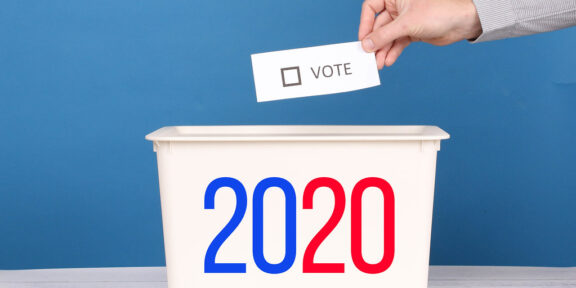By Tiasia Saunders
In recent years, social media has become more than just a platform for sharing memes and connecting with friends. It has evolved into a powerful tool for businesses, especially those owned by Black entrepreneurs.
Shelita Hall, a Ph.D. applied science student and pathways trainee at NASA, founded Reach Beyond the Stars, a blog and e-commerce site that informs people about academic research and encourages diversity and inclusion in the STEM industry.
“I started my platform because I noticed a gap in space education for Black Americans and minority races. Reaching Beyond the Stars is a platform that I created to share information on the importance of space education for all,” Hall said.
Platforms such as TikTok shop assist businesses in reaching wider audiences by providing engagement strategies, inventory preparation, and online advertising. These digital tools lead to increased sales and more consumer/business interactions.
Social media also serves as a place for businesses to post products, grow their market and watch competitors.
“I use social media shops to find unique and creative things to buy. Also, I like supporting Black businesses through buying handmade items such as knitwear or jewelry,” Melanie Thomas, a senior political science major from Arlington, VA said.
Despite its benefits, social media does require consistency to gain a following. Business owners must stay consistent in building and establishing an online brand presence.
“I use social media to see the prices of certain shoes, then I go to StockX to purchase them. Instagram acts like a browser for me that I scroll through, saving various posts,” said Jordan Pridgen, an Amazon warehouse worker from Norfolk, VA.
On the contrary, social media has the potential to have negative implications on any business.
Factors such as algorithm bias, lack of brand deal presence control, culture appropriation, and online fraud threats require Black business owners to remain diligent in protecting their business online.
According to a Brookings study, the algorithm may exhibit bias when trained on unrepresentative or incomplete data or when it relies on flawed information reflecting historical inequalities. Unchecked, biased algorithms can result in decisions that disproportionately affect specific groups, even if discrimination is not the programmer’s intent.
“For my business, I just inform and educate about my chosen field. I haven’t really had a negative experience when it comes to how my business is looked at. I have gotten nothing but positive responses from those who choose to engage with my blog,” Hall stated.
The combination of social media with AI could result in a surplus of digital tools for Black Businesses. The future of e-commerce shops continues to increase.
“I hope to see more Black businesses on my social media feeds to show my support. I feel like apps like Instagram or Snapchat could do a better job of showing me products that I will enjoy,” Pridgen said. “On the other hand, the TikTok shop is perfectly aligned with what I like, and I tend to buy more from there.”














